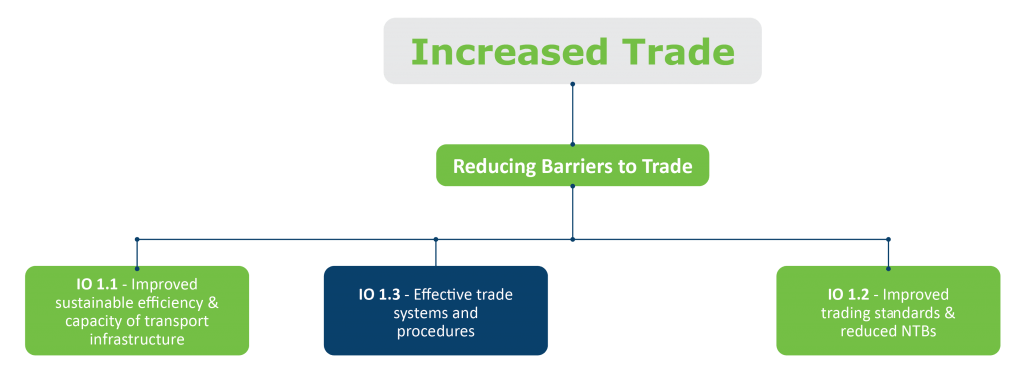International trade plays a pivotal role in the economic prosperity of nations, enabling countries to tap into global markets, diversify their economies, and foster economic growth. However, the path to seamless trade is often paved with challenges, and trade barriers are one such impediment that countries face. South Africa, as an active participant in the global trading system, is no exception to this reality. Understanding the nature and impact of trade barriers in South Africa is crucial for policymakers, businesses, and individuals alike. This comprehensive article delves into the intricacies of trade barriers, their consequences, and the ongoing efforts to mitigate their impact in South Africa.

Image: www.trademarkafrica.com
Defining Trade Barriers: A Path Fraught with Challenges
Trade barriers, simply put, are government-imposed restrictions or impediments that hinder the free flow of goods and services across borders. These barriers can take various forms, including tariffs, quotas, subsidies, technical regulations, and administrative procedures. The rationale behind implementing trade barriers often stems from a desire to protect domestic industries, promote economic development, or safeguard national security. However, the unintended consequences of trade barriers can be far-reaching, distorting markets, stifling competition, and ultimately harming consumers. Notably, trade barriers have been criticized for their potential to perpetuate income inequality and exacerbate poverty in developing countries.
Exploring the Impact of Trade Barriers in South Africa
South Africa, like many developing countries, has been grappling with the challenges posed by trade barriers. The country’s trade policies have historically been characterized by a protectionist stance, aimed at shielding domestic industries from foreign competition. While such measures may have been well-intentioned, they have often had unintended consequences. For instance, high tariffs on imported goods have raised the cost of living for South African consumers, while subsidies to domestic industries have led to inefficiencies and a lack of competitiveness in the long run. Furthermore, trade barriers have hindered South Africa’s export potential, limiting its ability to diversify its economy and tap into global markets.
Addressing Trade Barriers: Towards a More Equitable Trading System
Recognizing the negative implications of trade barriers, South Africa has embarked on a journey towards trade liberalization, gradually reducing tariffs and other trade restrictions. This shift is not without its challenges, as it requires domestic industries to adapt to increased competition from foreign players. However, the potential benefits of trade liberalization are substantial. By lowering trade barriers, South Africa can create a more competitive and efficient economy, attract foreign investment, and expand its export markets. Moreover, trade liberalization can lead to lower prices for consumers, increased innovation, and a more dynamic and prosperous economy overall.

Image: www.thestandard.co.zw
Are There Any Trade Barriers In South Africa
Conclusion: Embracing Open Trade and Economic Prosperity
Trade barriers, while often implemented with good intentions, can have unintended consequences that can impede economic growth and harm consumers. South Africa, like many developing countries, faces challenges in addressing trade barriers, but it has also made progress towards trade liberalization. Embracing open trade, reducing trade barriers, and promoting fair competition will pave the way for a more prosperous future for South Africa and its citizens. The journey towards freer trade is not without its obstacles, but it is a path that promises greater economic opportunities, innovation, and a better quality of life for all.






